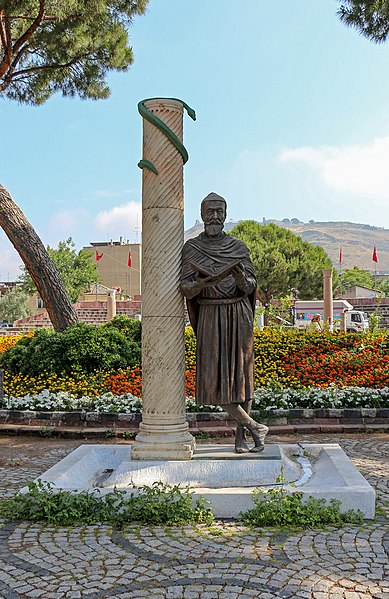Infinite photos and videos for every Wiki article ·
Find something interesting to watch in seconds
Supercars
Celebrities
Richest US Counties
World Banknotes
Best Campuses
Sports
Famous Castles
Recovered Treasures
Rare Coins
Crown Jewels
Kings of France
Great Artists
Great Museums
Presidents
Wars and Battles
Tallest Buildings
Wonders of Nature
Largest Empires
Countries of the World
Largest Palaces
History by Country
Animals
Orders and Medals
Great Cities
British Monarchs
Ancient Marvels
more top lists





